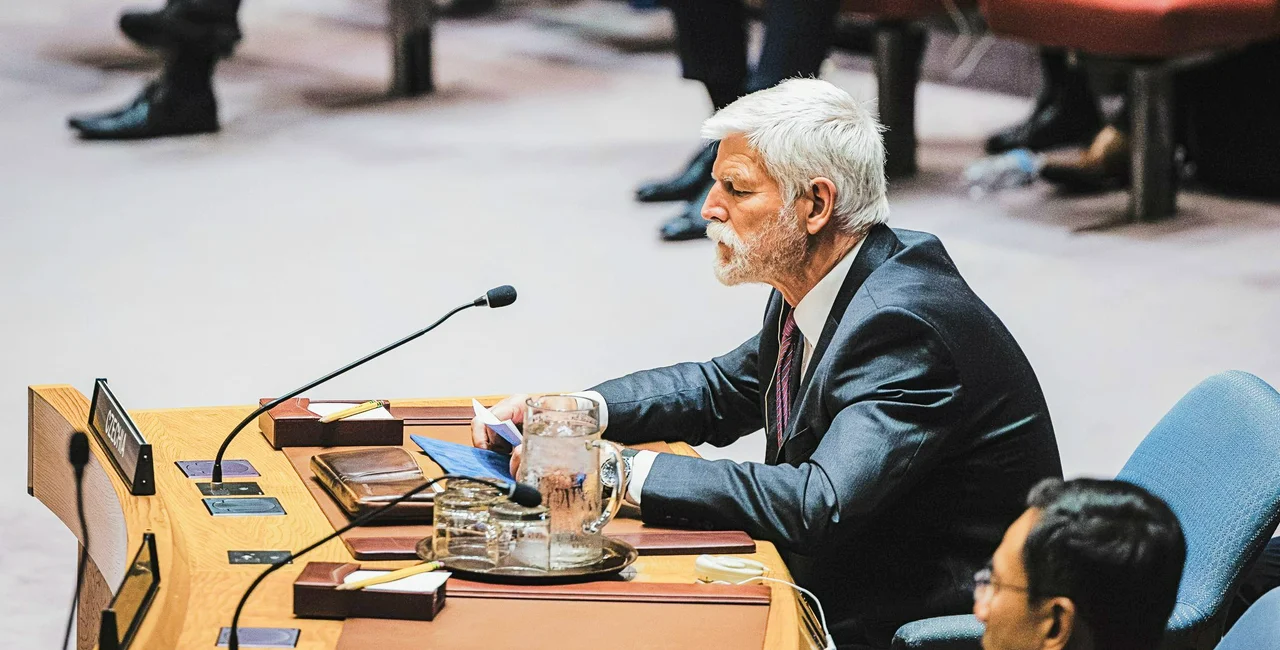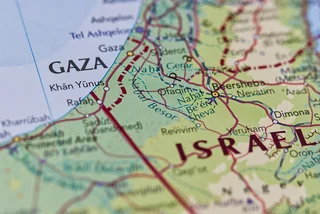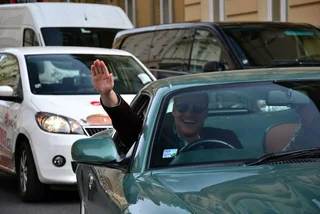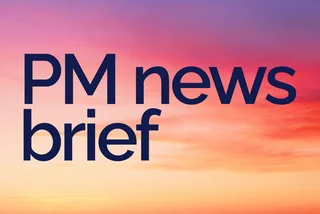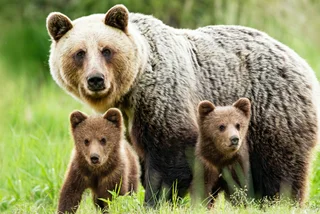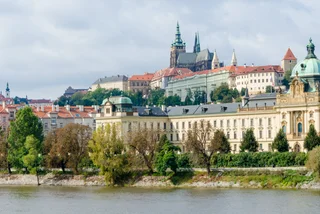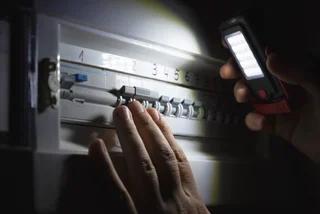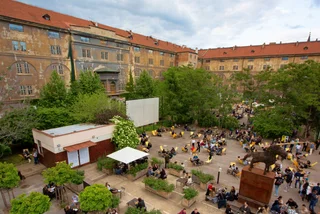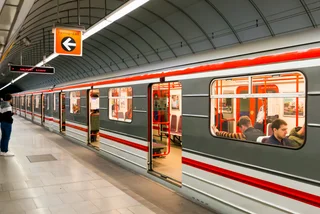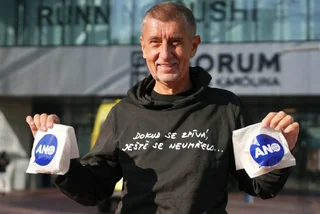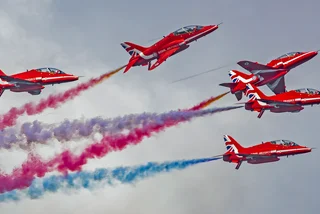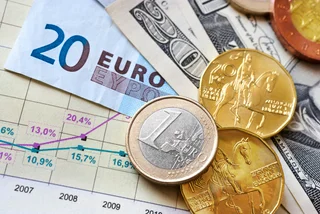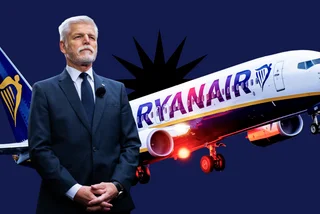Czech President Petr Pavel praised the UN’s achievements but warned that the Security Council’s inaction on Russia’s war in Ukraine threatens international rules and multilateralism.
Czech President Petr Pavel addressed the UN General Assembly on Wednesday, acknowledging the achievements of the United Nations while criticizing the Security Council for failing to respond to Russia’s aggression in Ukraine.
“The UN has changed countless lives and laid the groundwork for a better and more humane world,” Pavel said, marking the 80th anniversary of the organization’s founding.
He highlighted its role in preventing global conflict, ending colonialism, and improving education, healthcare, and poverty relief worldwide.
At the same time, Pavel warned that the Security Council was not fulfilling its mission.
“At a time when Russia, one of the permanent members of the UN Security Council, was waging a merciless war against Ukraine, the Security Council was not fulfilling its mission in relation to this aggression,” he said.
At a parallel UN debate on human rights, Pavel condemned the deportation of Ukrainian children under Russian occupation, calling it a grave violation of international law and exposing the war’s human cost. He emphasized Czechia’s commitment to supporting efforts to return every abducted child.
Pavel called for comprehensive reform of the Security Council to increase effectiveness, inclusiveness, transparency, democracy, and accountability. He said this would strengthen the voice of underrepresented regions.
The Czech President also urged democratic allies of Ukraine to step up economic pressure on Moscow. “Turning a blind eye to Ukraine today is a green light to any future aggressor, anywhere in the world,” Pavel said.
He stressed that any future peace agreement must send a clear signal that aggressors cannot be rewarded and that borders cannot be changed by force.
“Such peace—based on the existing international law, including territorial integrity and the right for self-determination—is in the interest of not only European countries, but of the whole international community,” he added.
Pavel recalled that the Czech Republic had signed the UN Charter as one of its founding nations, describing it as “our collective moral compass.” He noted that the country is applying for a non-permanent Security Council seat for 2032–2033 and said, if successful, it would defend the international order based on rules.
“Multilateralism must not only survive—it must thrive,” Pavel said. “That’s why we need more dialogue. That’s why we need greater cooperation and collective action.”












 Reading time: 2 minutes
Reading time: 2 minutes 